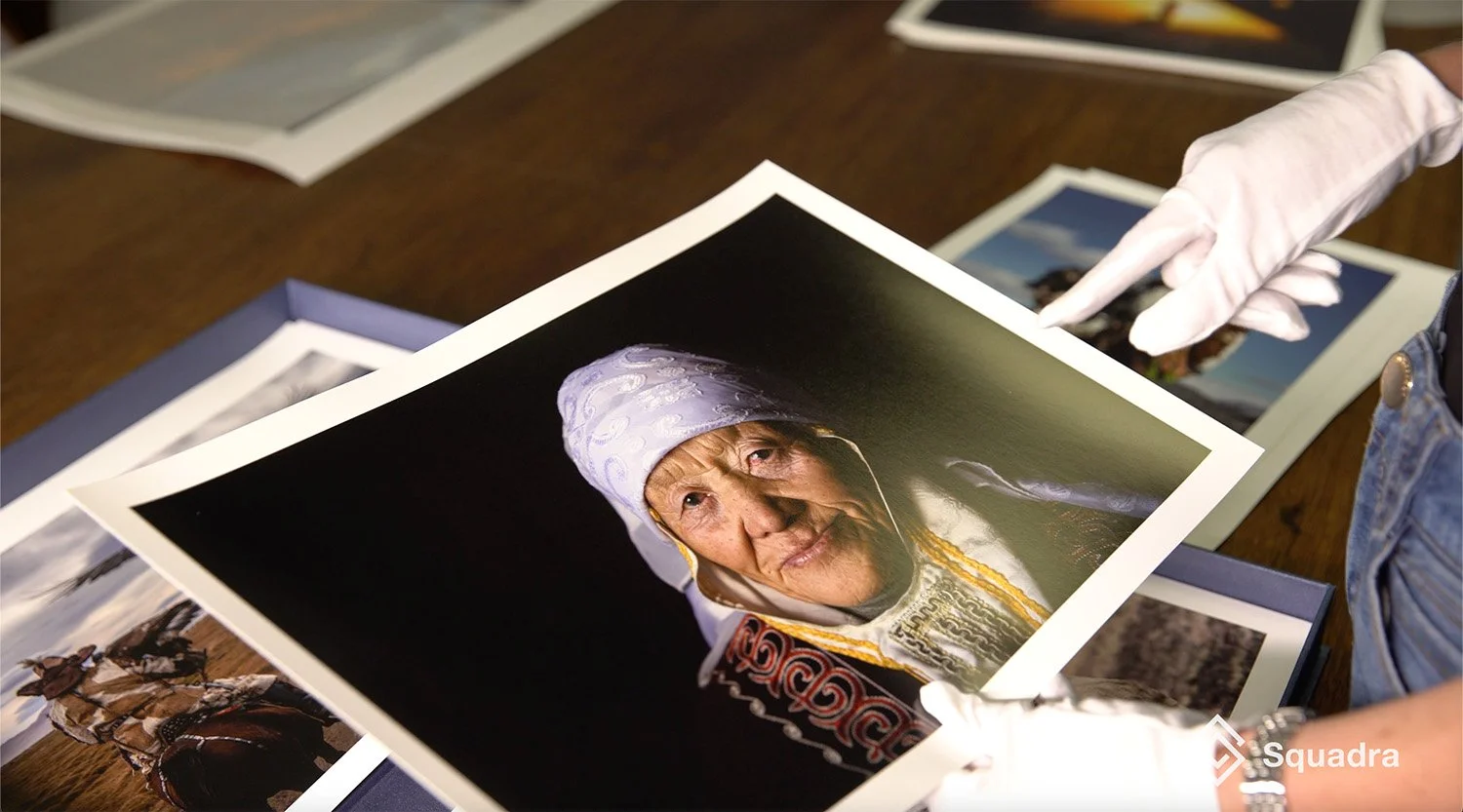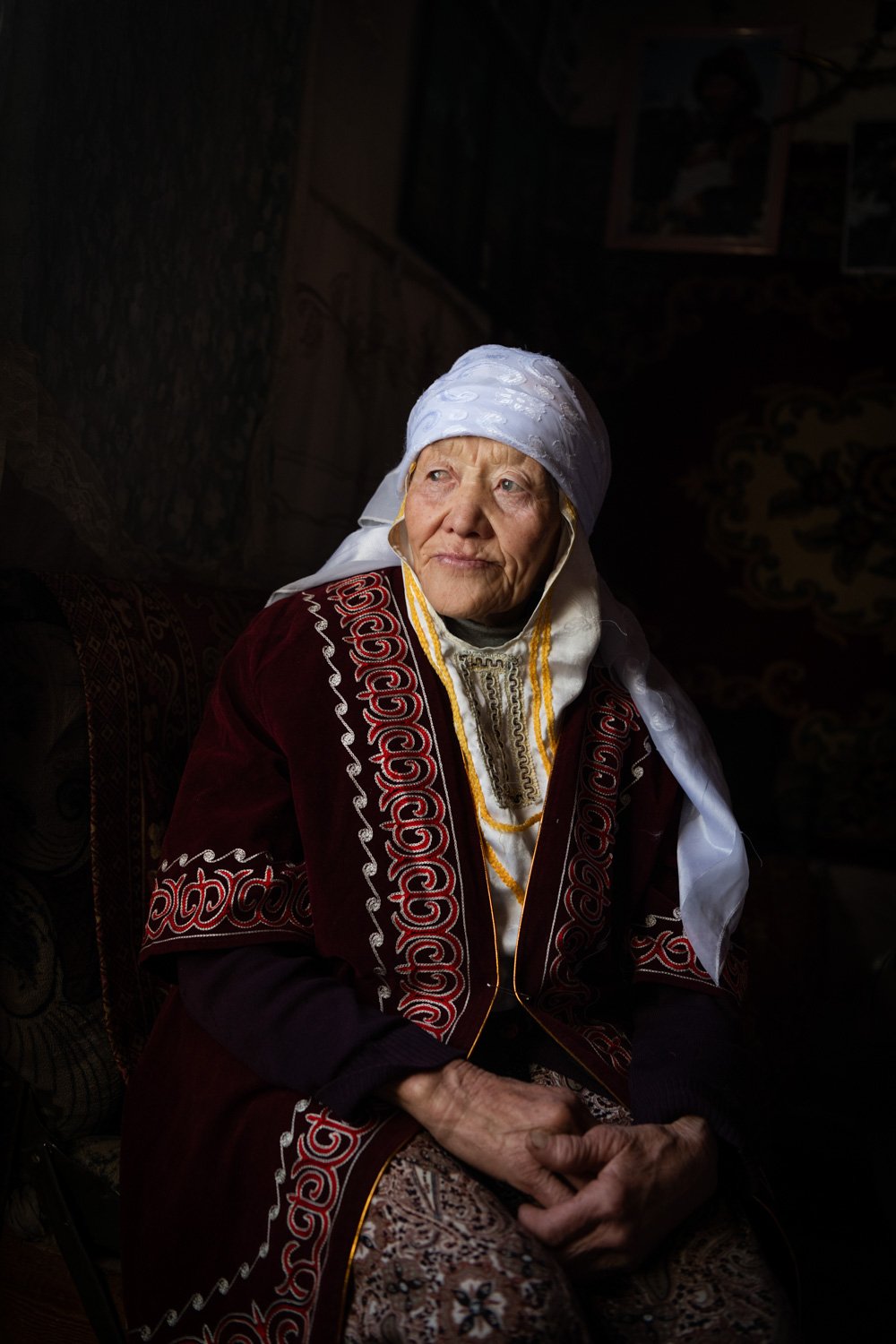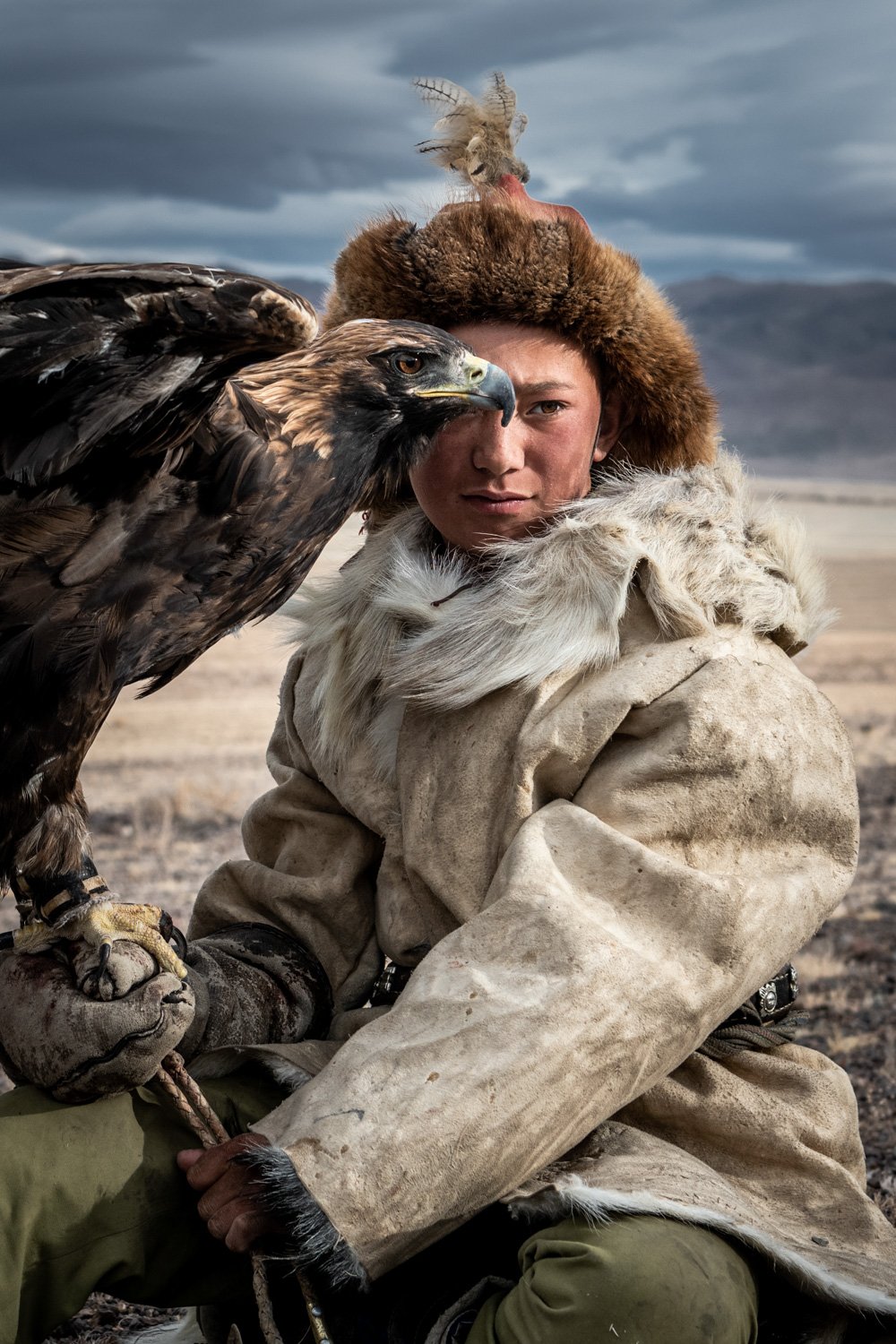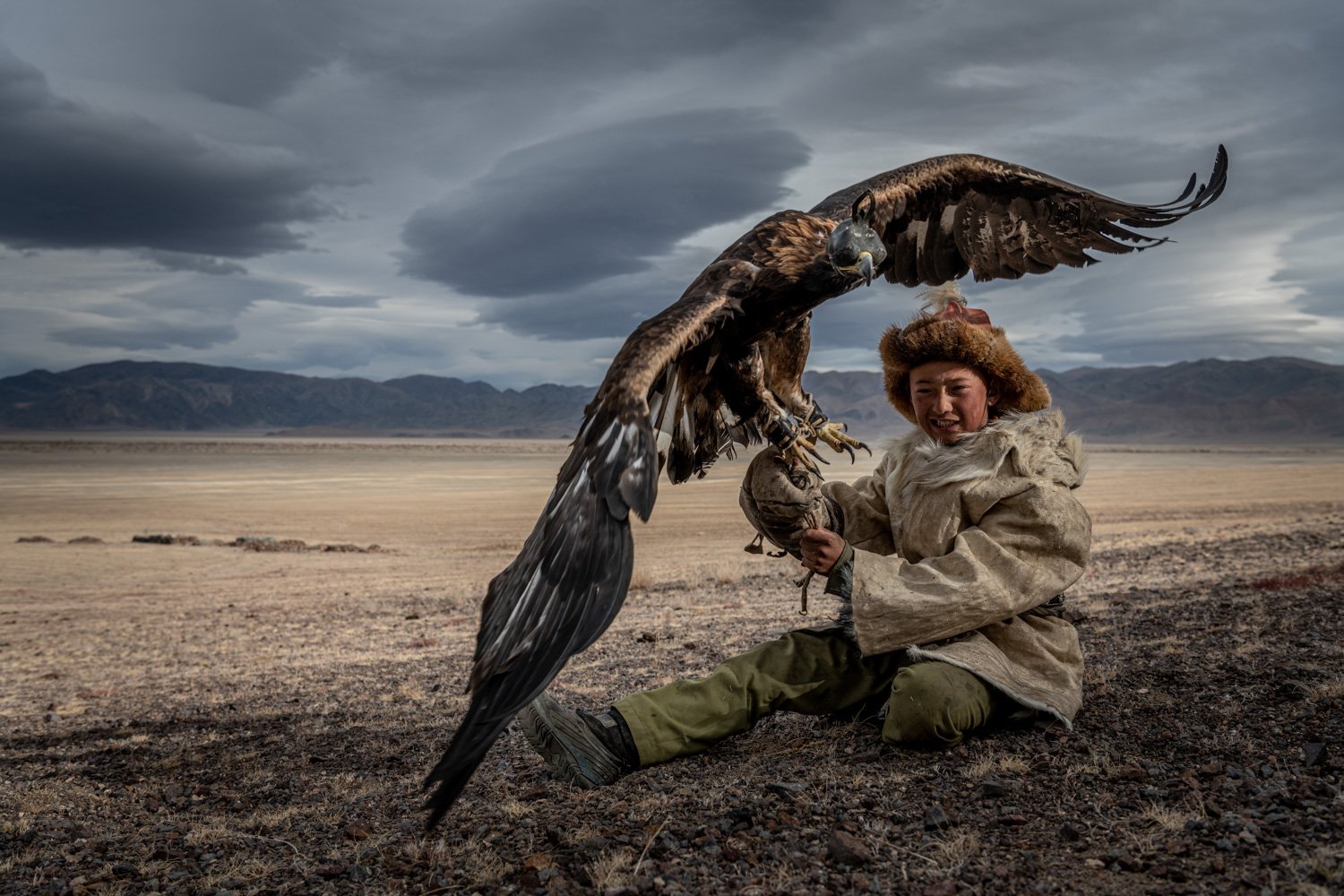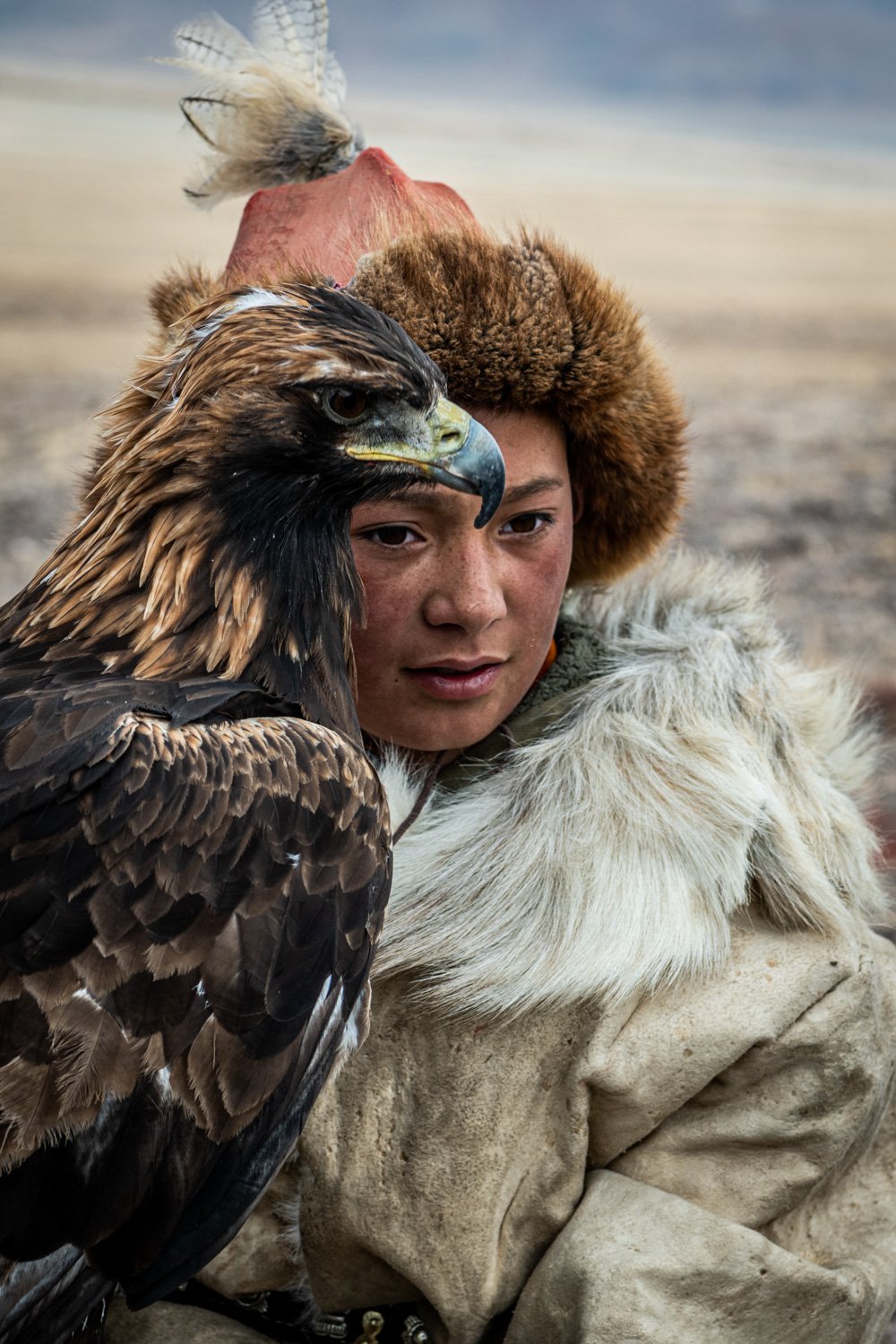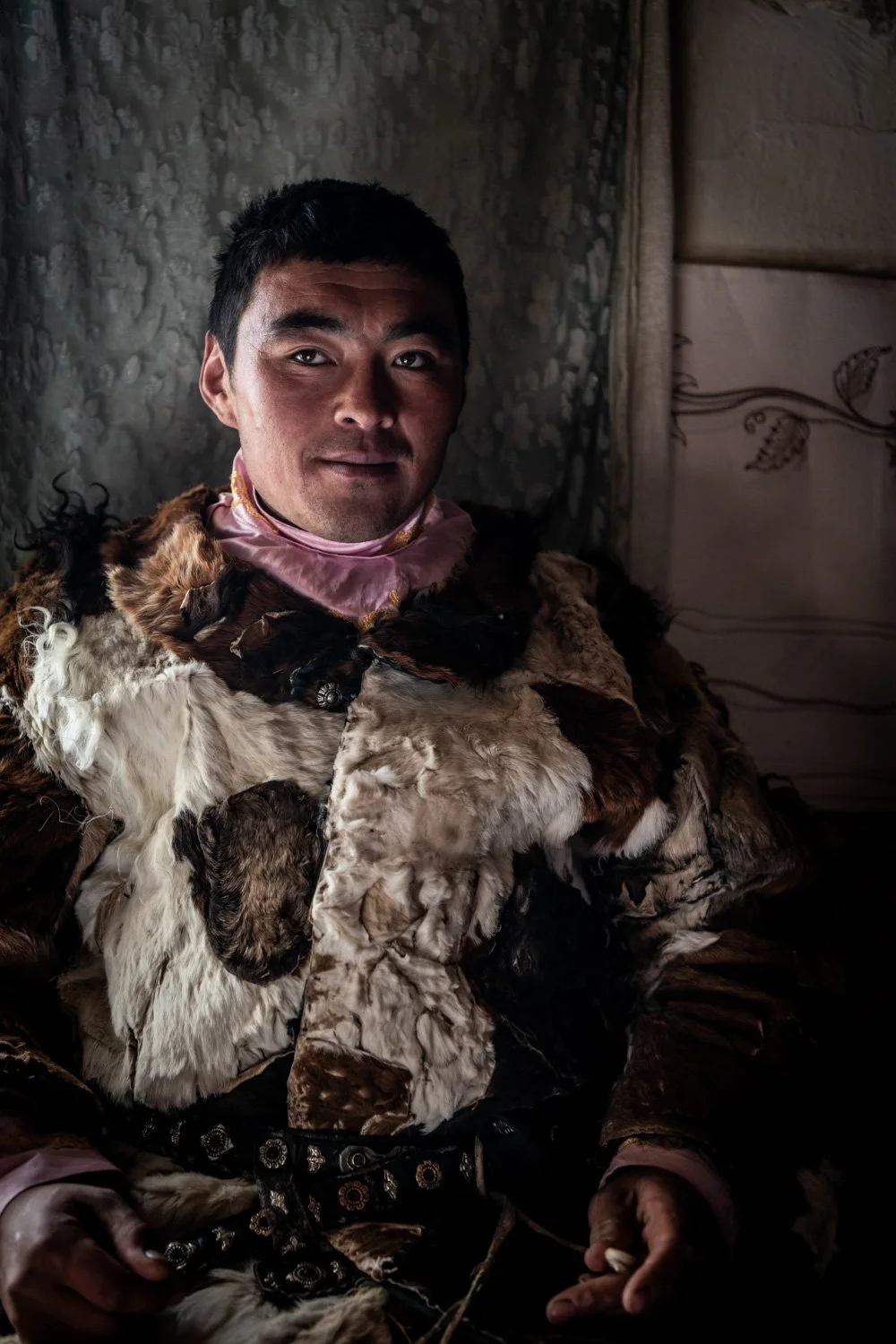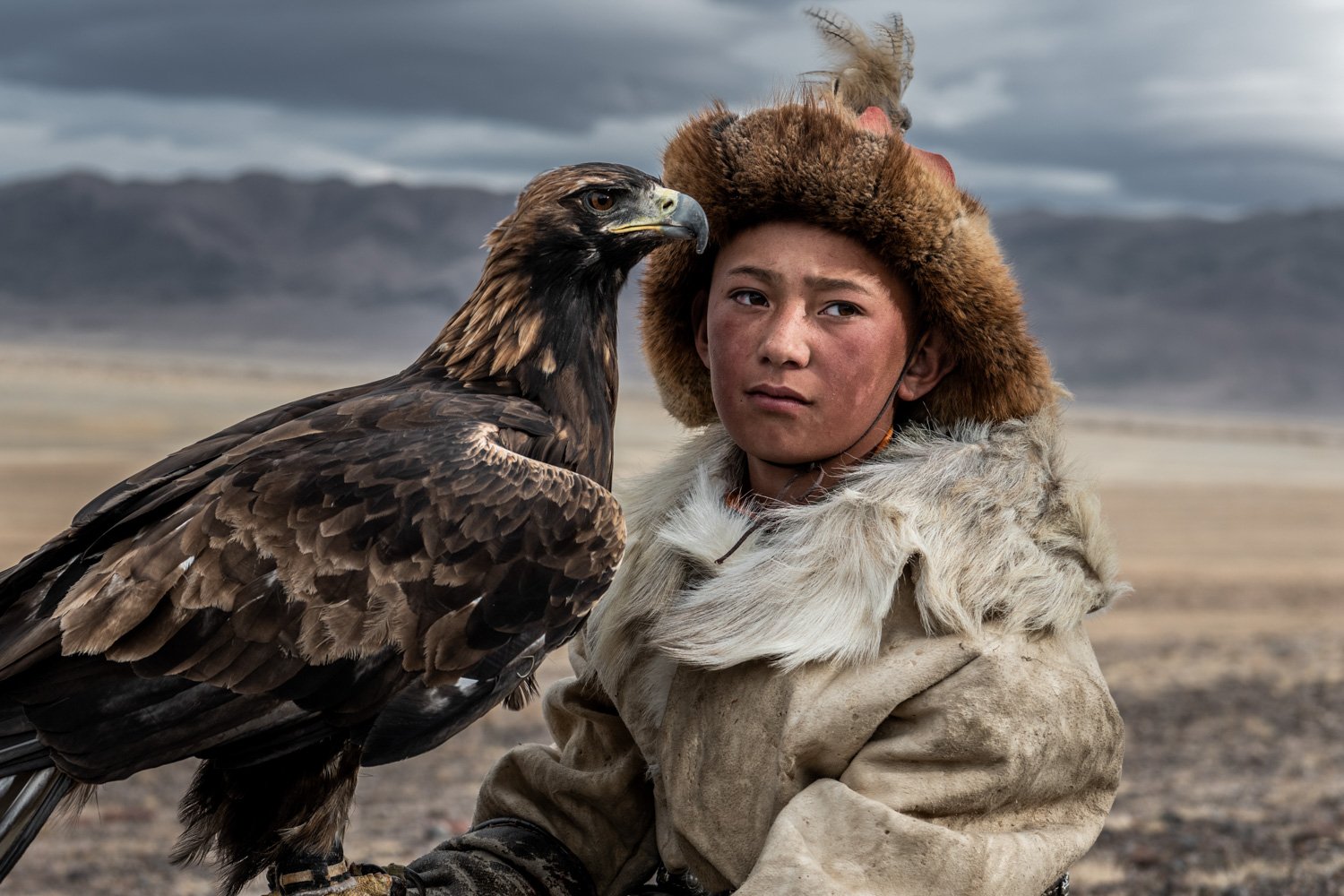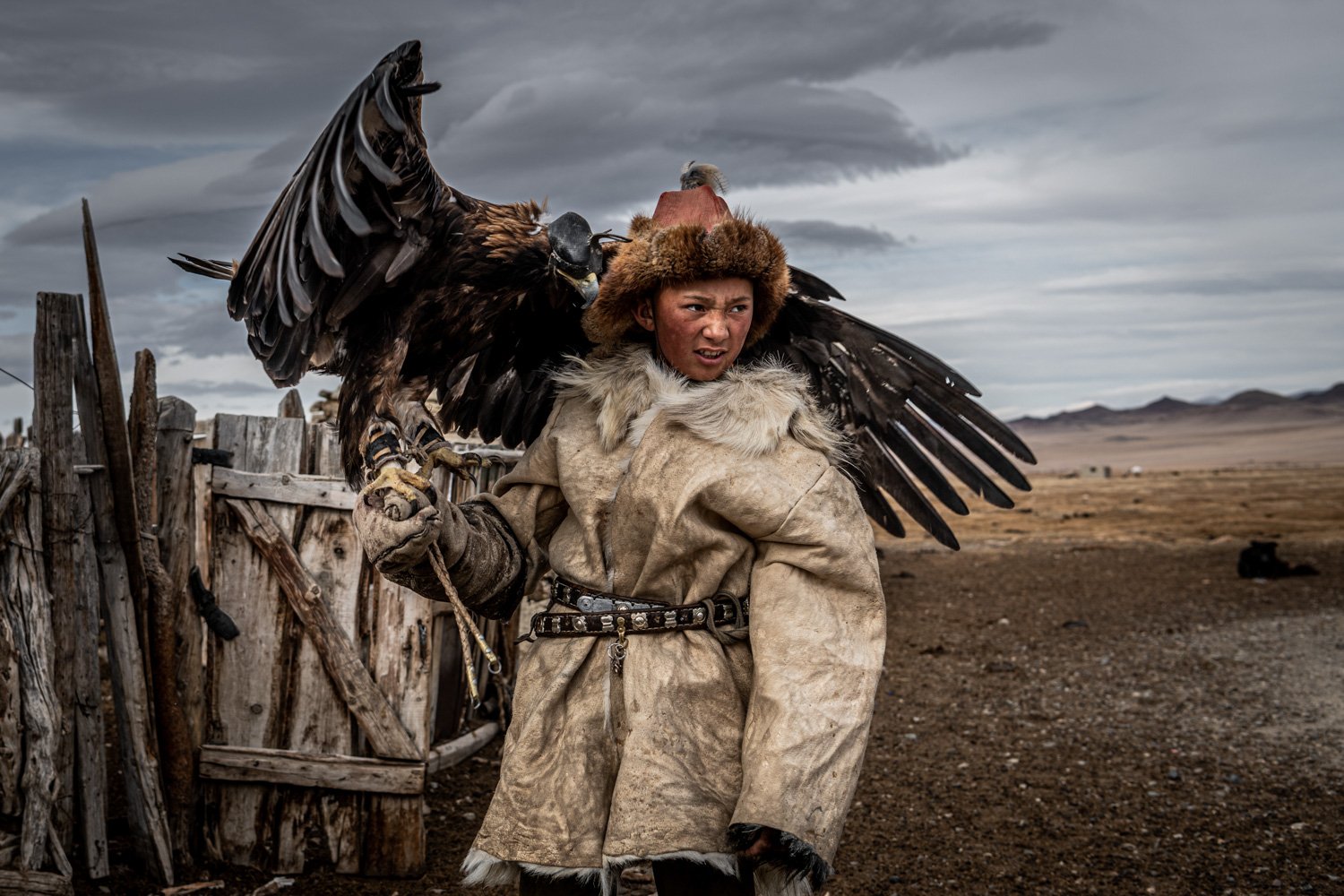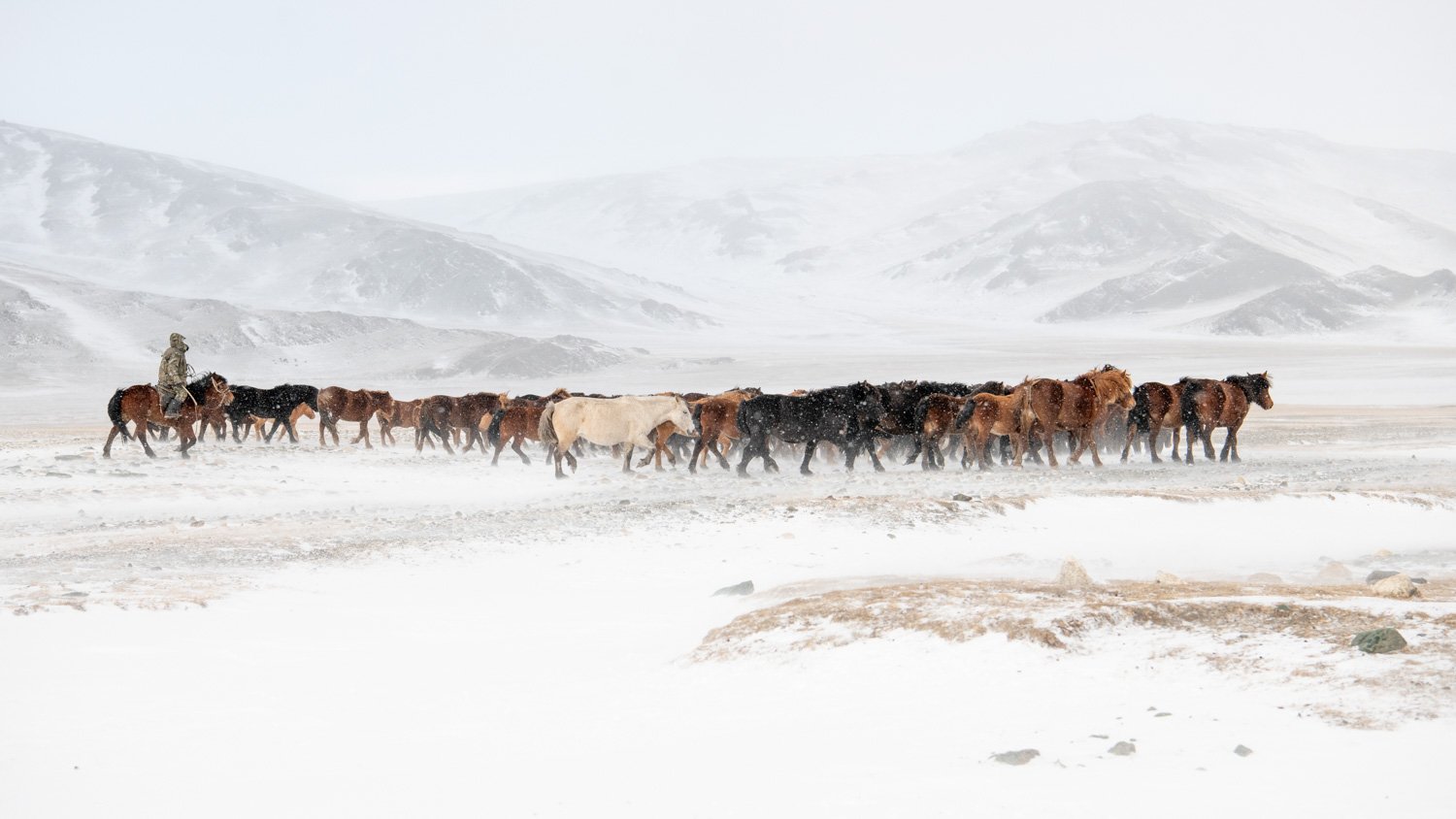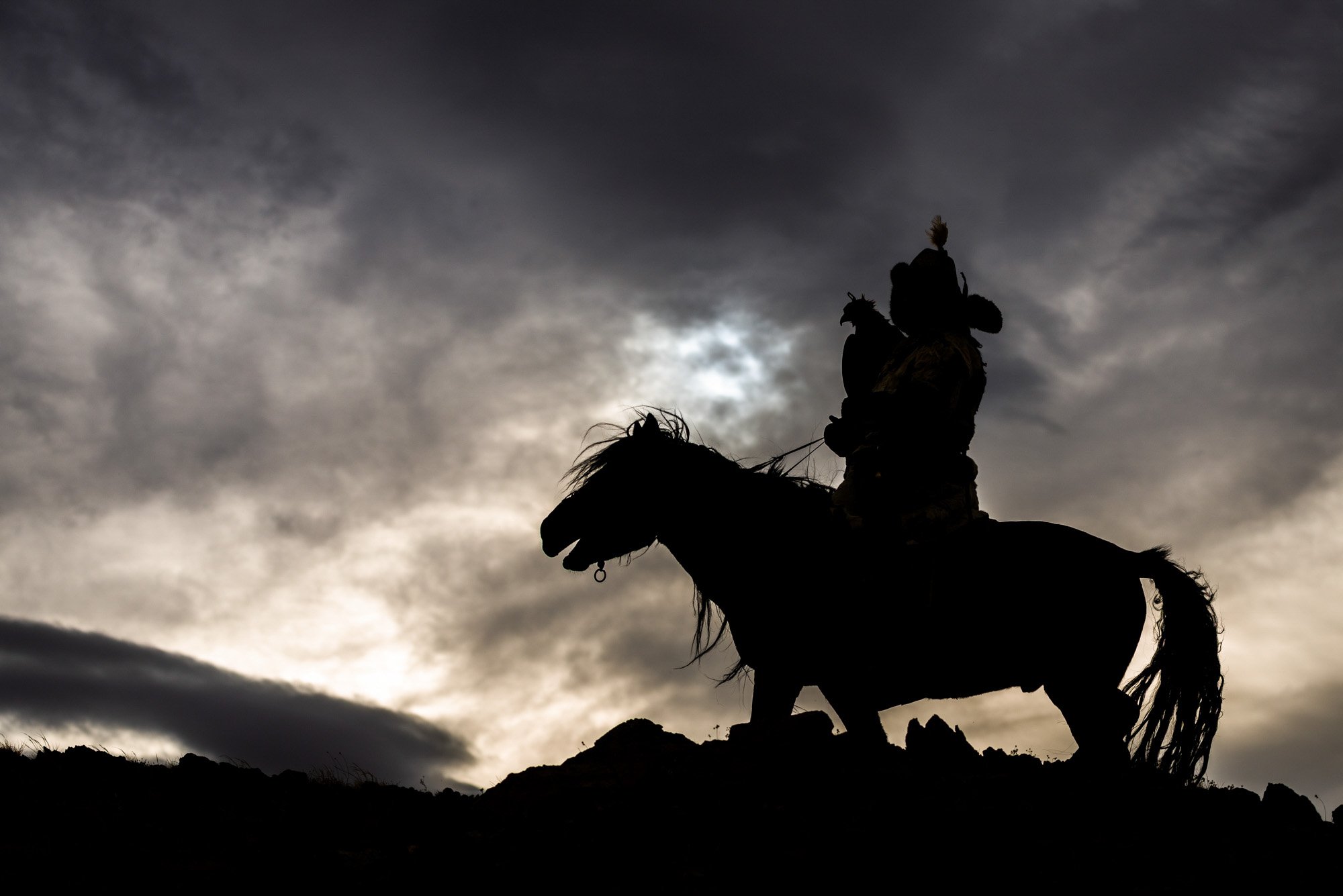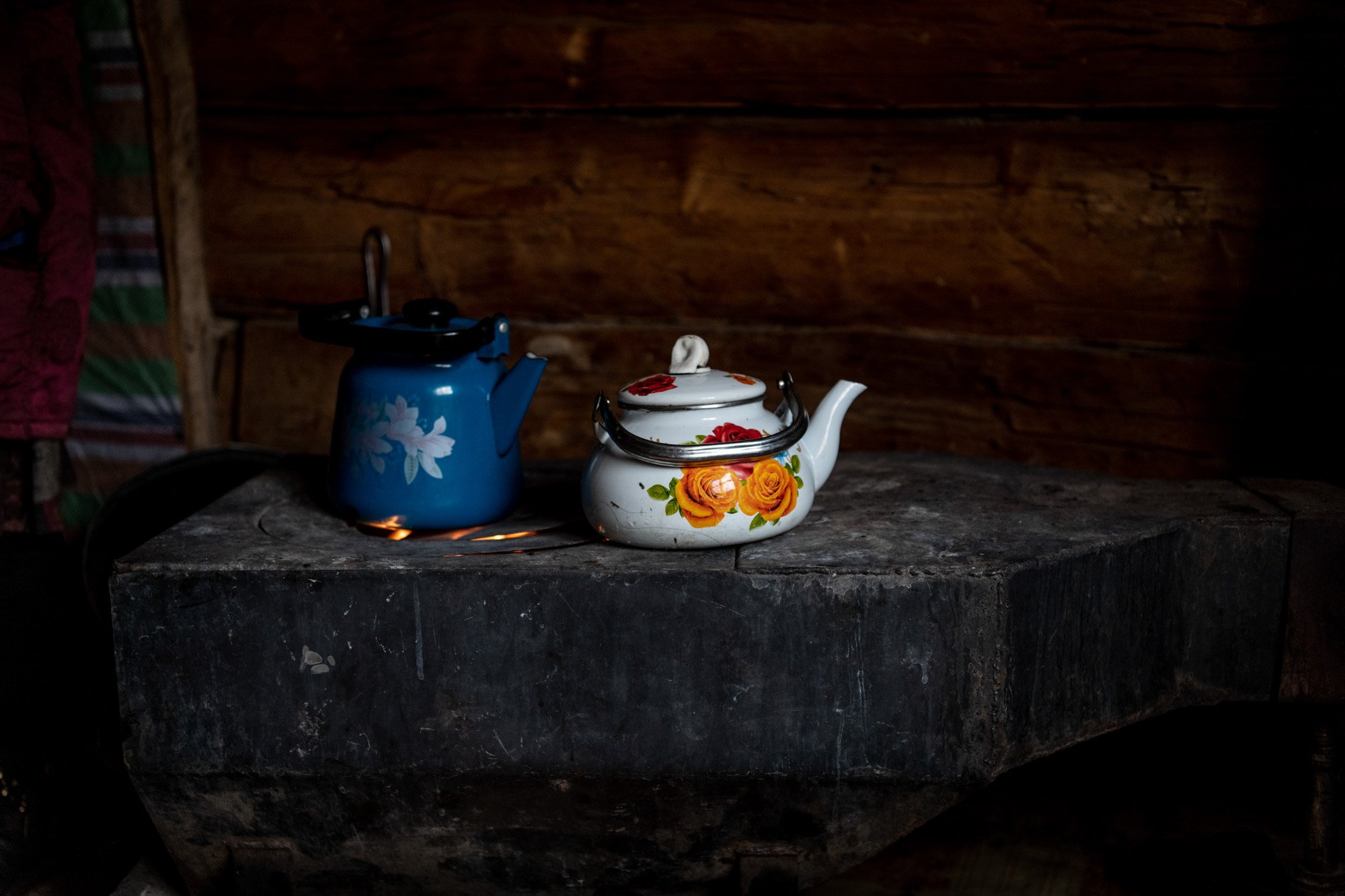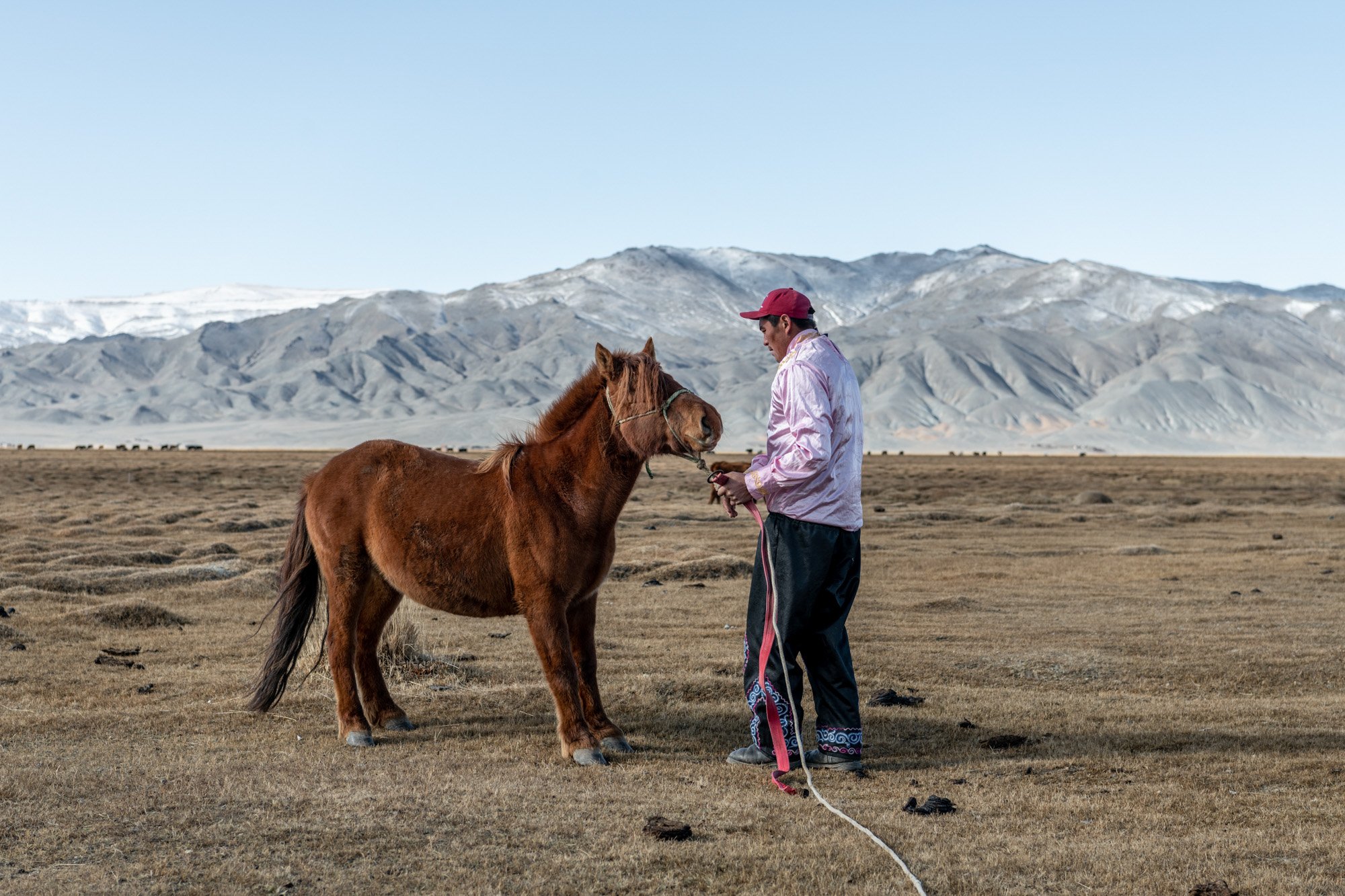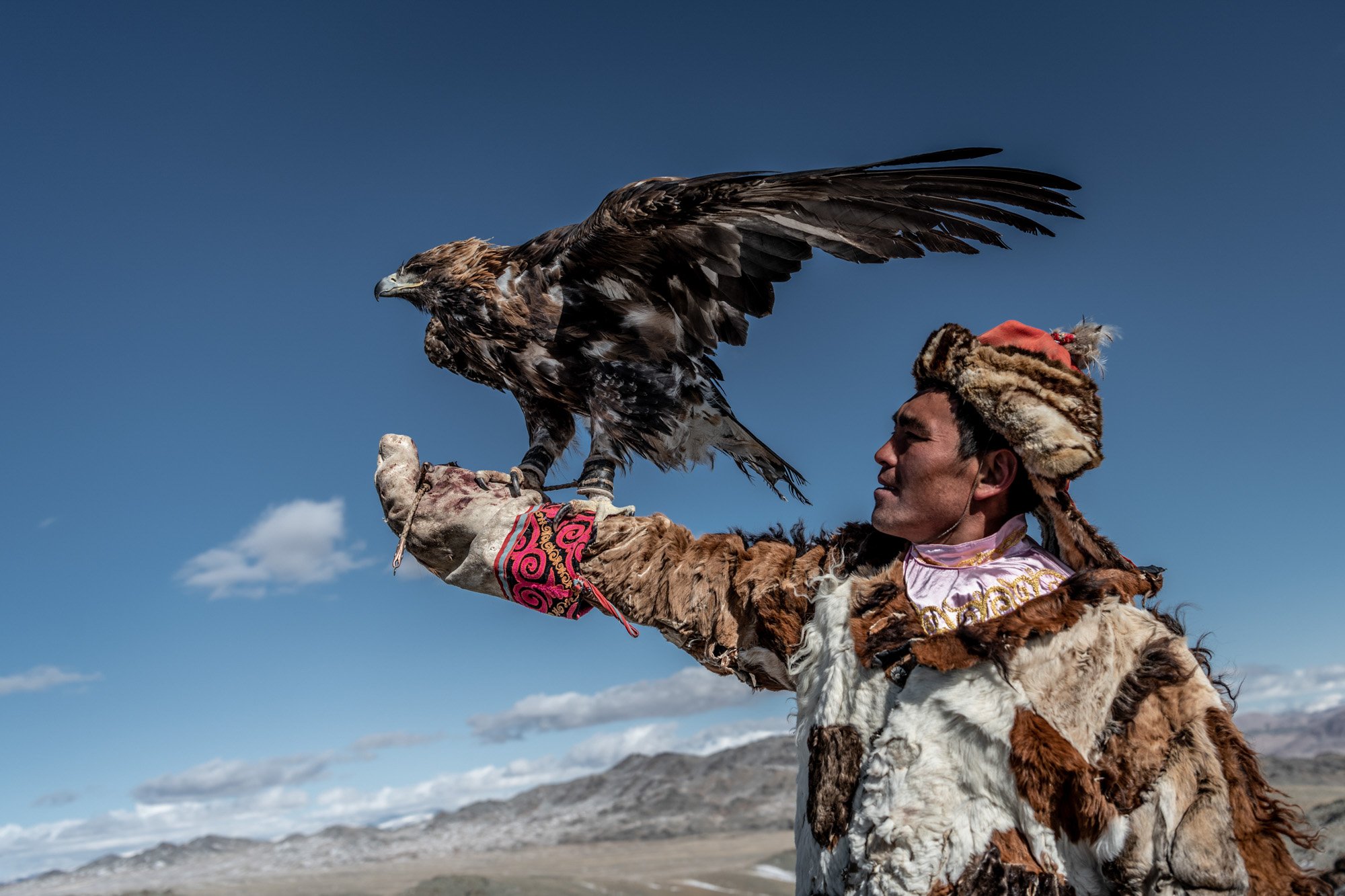
The Altai
-
Claire Thomas is a British photojournalist whose work is inspired by humanitarian and social issues. From fine art to editorial, Claire’s approach to photography is rooted in her passion for storytelling, seeking to reflect the realities of life in a compelling, engaging, and artistic way. In pursuit of powerful and honest imagery, her work strives to convey a concept or emotion that goes beyond the image itself, providing a deeper insight into the stories and a connection with the subjects.
Claire has an impressive background, as her work has received high awards and appeared in several leading forms of media, such as The New York Times, The Sunday Times, The Guardian, National Geographic Magazine, The Associated Press, Al Jazeera English, and Geographical Magazine.
-
‘The Altai' is a collection of images that offer an authentic reflection of the culture and traditional lifestyle of Mongolia’s iconic Kazakh eagle hunters, horsemen and semi-nomadic animal herders.
In the rugged and remote Altai Mountains of western Mongolia, where Russia, China, Kazakhstan and Mongolia meet, Kazakh people have for centuries developed and nurtured a special bond with golden eagles, training the birds to hunt foxes and other small animals for meat and fur.
Traditionally passed from father to son at a young age, the ancient custom of hunting with eagles on horseback is considered a great source of pride amongst Kazakh communities, whose livelihoods depend on the animals they raise and the land that sustains them.
Far removed from the basic infrastructure that has become part of the fabric of modern life, the landscape of the Altai is beautiful, yet unforgiving. Its vast, desolate valleys stretch endlessly towards the jagged ridges in the distance, with a dusting of snow signaling the onset of a long, hard winter.
From training horses to milking yaks and butchering meat, the daily demands of a traditional herding family’s life are many, allowing little time for the pursuit of personal ambitions away from home.
Increasingly, parents living in rural areas of Mongolia are sending their children to boarding school in towns and cities, sometimes far from home, in the hope of their children securing a more comfortable future. Despite having lived his whole life in the mountains, eagle hunter Alankush hopes for a different future for his children. “I don’t have an education and I’m not young,” he told me. “If I was young maybe I’d go to Ölgii to work, but for me it’s better to stay in the countryside. If I had a chance with education I would go to the city. Countryside life is very hard, especially for children. That’s why I send my children to school. If they finish University, I hope they’ll find jobs in the city.”
Paradoxically, this very ambition for a better life for their children may result in the eventual disappearance of a culture and way of life that has survived for generations but will inevitably be susceptible to the ubiquitous pressures of modern living, which are now felt even in the remotest communities.
COLLECTION

